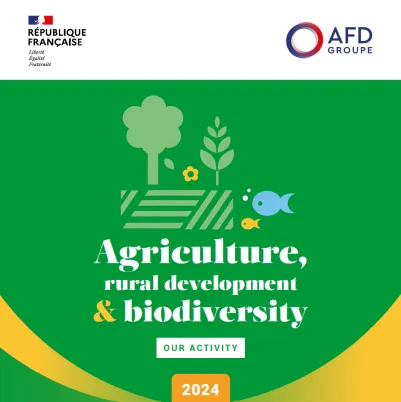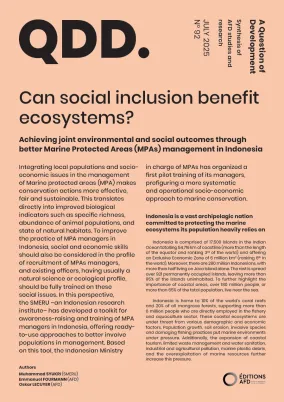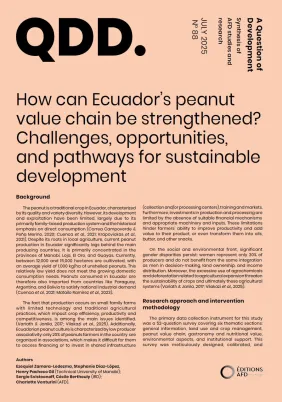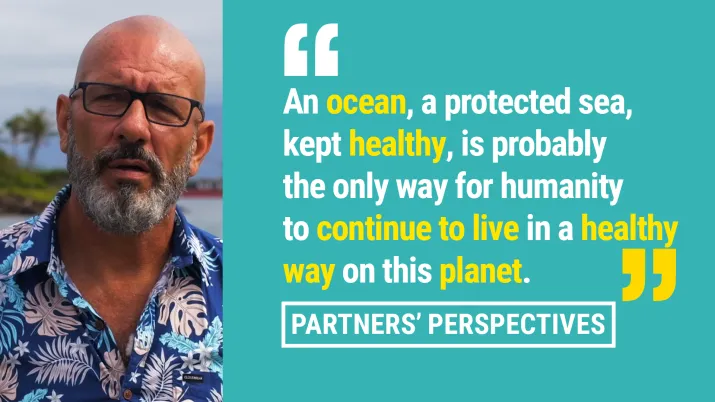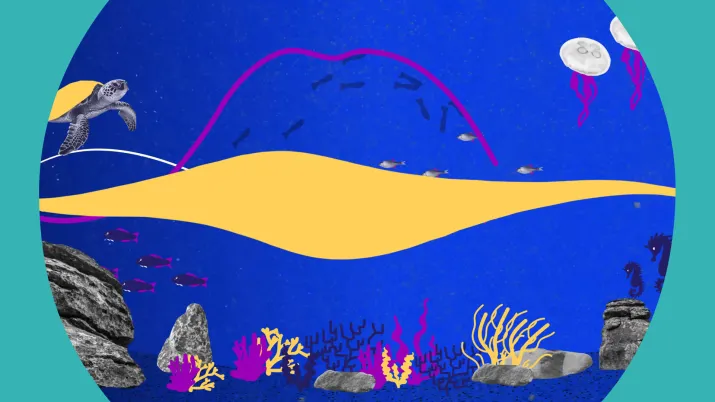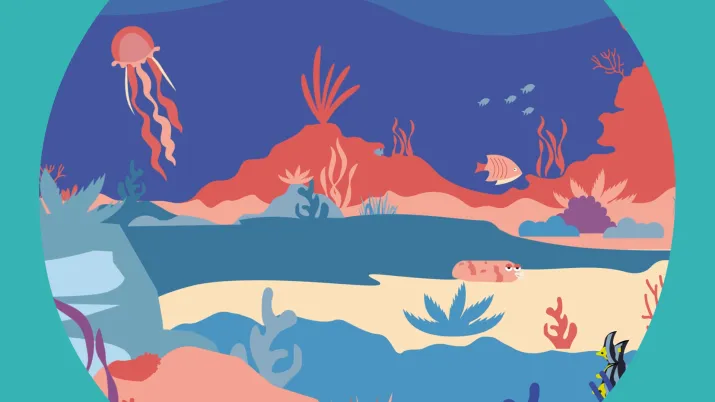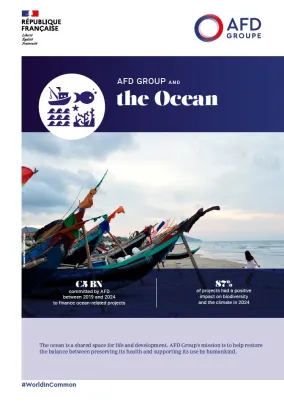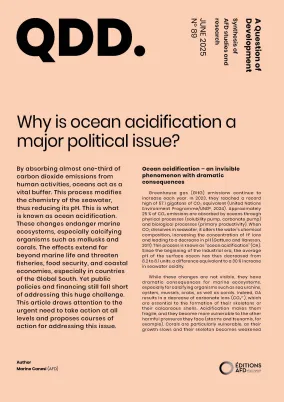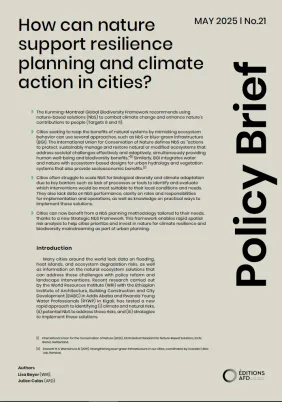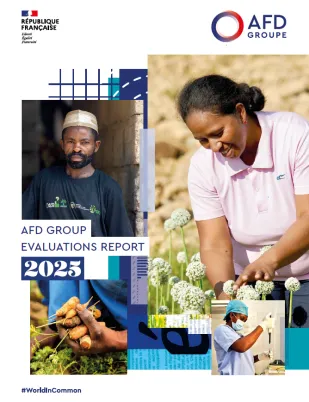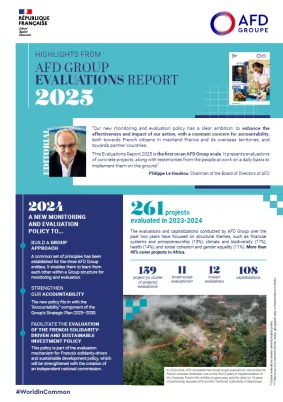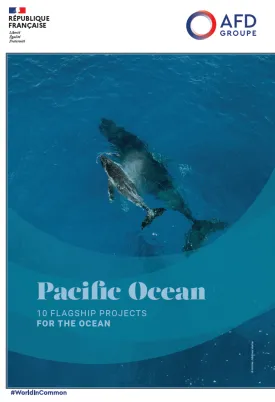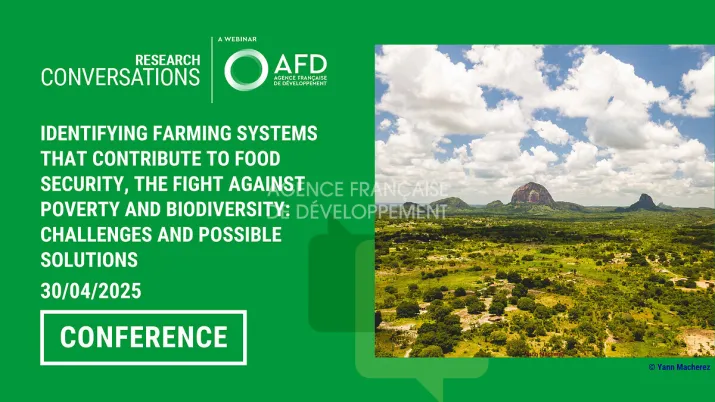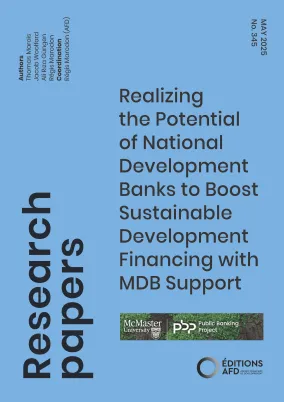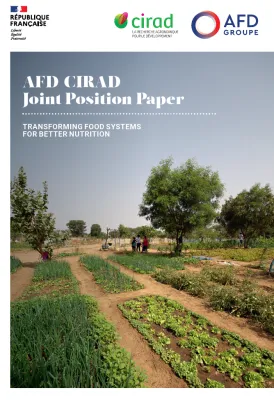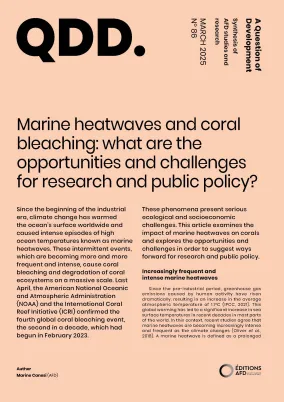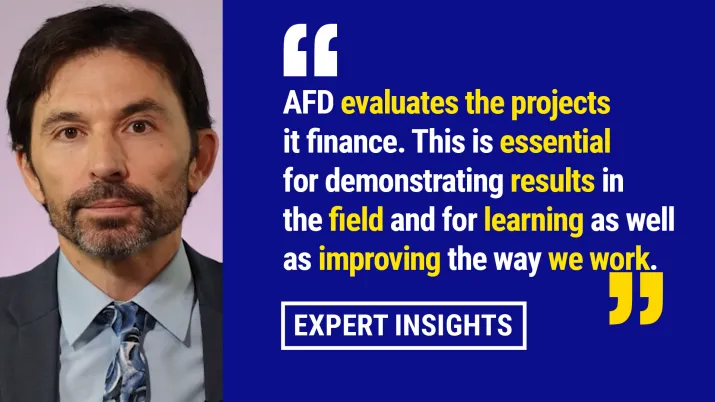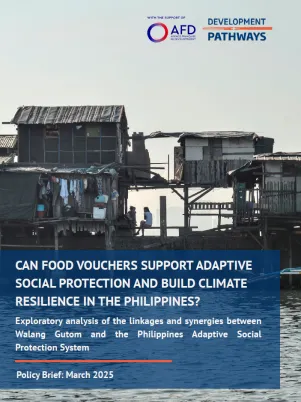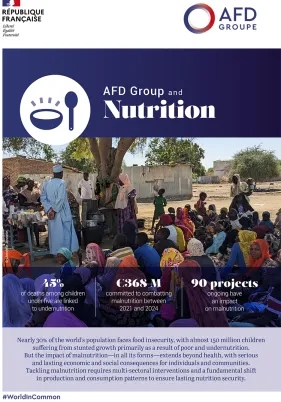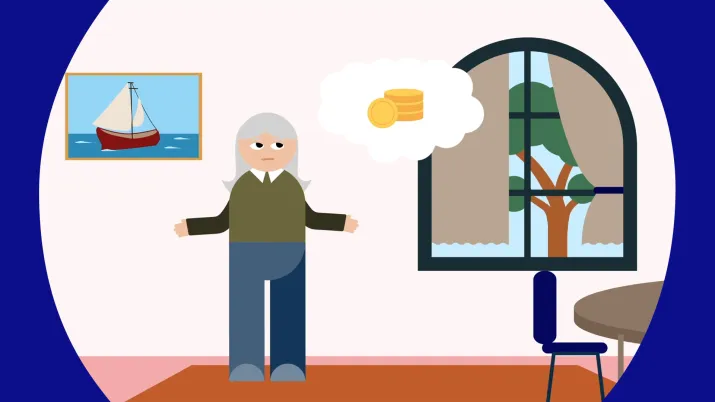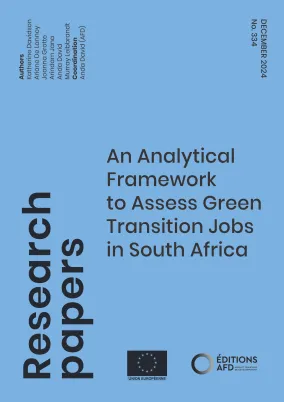Publications and media
Infographic - Our activity to support agriculture, rural development and biodiversity in 2024
In 2024, AFD Group made significant commitments to agriculture, rural development and biodiversity, amounting to €1.7 billion. AFD’s investments focused in particular on agricultural sectors, climate...
Published on
Can social inclusion benefit ecosystems?
With 17,500 islands and 54,000 km of coastline, Indonesia is heavily dependent on its marine ecosystems. However, these areas are currently under strain due to significant demographic, economic, and e...
How Can Ecuador’s Peanut Value Chain Be Strengthened? Challenges, Opportunities, and Pathways for Sustainable...
The peanut is a traditional crop in Ecuador, characterized by its quality and variety diversity. However, its development and exploitation have been limited, largely due to its primarily family-based...
New Caledonia: Protecting the Ocean to Save the Planet
In this interview, Manuel Ducrocq, Head of the Coral Sea Natural Park, discusses New Caledonia's strong commitment to protecting its maritime area. This French territory in the Pacific has established...
Published on
The AFD Group and the Mediterranean
In a regional context marked by increasing environmental pressures, the Mediterranean faces major challenges such as pollution, overfishing, and water stress. To protect this unique ecosystem, the AFD...
Published on
Protecting the oceans: a vital challenge
The ocean plays a vital role for many countries — supporting development, food security, jobs, and the economy. Yet today, it is under growing threat from increasing human pressures. From coastline...
Published on
Why is ocean acidification a major political issue?
Ocean acidification, caused by the absorption of carbon dioxide emitted by human activities, is one of the most worrying challenges of climate change. It threatens marine ecosystems, in particular cor...
Published on
How can nature support resilience planning and climate action in cities?
This policy brief provides feedback on a new rapid approach to identifying (i) climate and natural risks, (ii) potential nature-based solutions (NbS) to address those risks, and (iii) strategies to im...
Published on
AFD Group Evaluations Report 2025
What lessons can be learned from the projects supported by the AFD Group? How can we enhance the effectiveness of our action? The insights gained from evaluations contribute to continuous learning,...
Published on
Highlights from AFD Group Evaluations Report 2025
What lessons can be learned from the projects supported by the AFD Group? How can we enhance the effectiveness of our action? The insights gained from evaluations contribute to continuous learning,...
Published on
Pacific Ocean - 10 flagship projets for the ocean
In June 2025, the United Nations Ocean Conference (UNOC3) brings the international community together with one goal in mind: to protect the oceans and their resources to strengthen the implementation...
Published on
Research Conversations replay: Identifying farming systems that contribute to food security, the fight against...
This webinar is part of the conference series 'Research Conversations'.
Published on
Realizing the Potential of National Development Banks to Boost Sustainable Development Financing with MDB Supp...
The world’s public development banks cannot avoid confronting the global environmental and climate finance crises. Nor should they. This research paper asks, ‘What do national development banks (NDBs)...
Published on
AFD-CIRAD Joint Position Paper
Faced with the worsening triple burden of malnutrition—undernutrition, micronutrient deficiencies, and obesity—particularly in developing countries, it is becoming urgent to fundamentally rethink food...
Published on
Marine heatwaves and coral bleaching: what are the opportunities and challenges for research and public policy...
Marine heatwaves, intensified by climate change, are placing increasing pressure on tropical coral reefs and threatening their resilience. Understanding these phenomena and their ecological impacts is...
Published on
Evaluating projects: a key issue for AFD
When a project ends, AFD's operational teams systematically assess the project's progress—resources, achievements, and results—by drafting a completion report. A project evaluation can then be conduct...
Published on
Can food vouchers support adaptive social protection and build climate resilience in the philippines?
Exploratory analysis of the linkages and synergies between Walang Gutom and the Philippines Adaptive Social Protection System. To go further : AFD group's program at the "Nutrition for Growth" (N4G...
Published on
AFD Group and nutrition
Nearly 30% of the world’s population faces food insecurity, with almost 150 million children suffering from stunted growth primarily as a result of poor and undernutrition. But the impact of malnutrit...
Published on
Where does AFD's money come from, and where does it go?
For more than 80 years, the Agence Française de Développement has contributed to implementing France's policy on development, sustainable investment and international solidarity. Through its public se...
Published on
An Analytical Framework to Assess Green Transition Jobs in South Africa
The threat of climate change and the resultant catastrophic weather events across the globe underpin the need for a shift away from carbon-intensive modes of production. In South Africa, where the gen...
Published on

